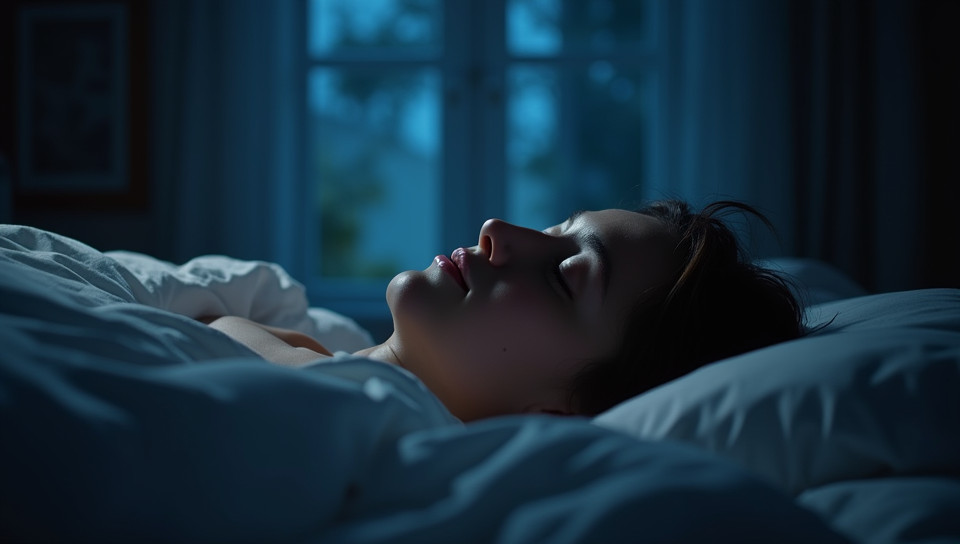Melatonin levels increase in dim lighting 86%

The Sleep-Promoting Power of Dim Lighting: How Melatonin Levels Increase
Have you ever noticed how difficult it is to fall asleep in a bright room, but how easily you drift off when the lights are dimmed? This phenomenon is more than just a matter of personal preference. The science behind it reveals that melatonin levels increase significantly in dim lighting conditions.
What is Melatonin and Why Does it Matter?
Melatonin is a hormone produced by the pineal gland in the brain, responsible for regulating our sleep-wake cycles. When it's time to sleep, melatonin levels rise, making us feel drowsy and relaxed. Conversely, during the day, when light exposure triggers the suprachiasmatic nucleus (SCN) to send signals to the pineal gland, melatonin production slows down.
The Impact of Light on Melatonin Production
Light is a powerful stimulus that affects our circadian rhythms. Exposure to bright light, particularly in the morning, helps regulate our sleep-wake cycles by suppressing melatonin production. However, when it's time for bed, dim lighting sends a signal to the SCN to slow down its activity, allowing melatonin levels to rise.
Factors That Influence Melatonin Production in Dim Lighting:
- Darkness stimulates the release of melatonin
- Blue light from electronic devices can suppress melatonin production
- Circadian rhythm plays a crucial role in regulating melatonin levels
- Sleep deprivation can lead to disrupted melatonin production
How Dim Lighting Affects Our Sleep Quality
Dim lighting creates an environment conducive to sleep by tricking our brains into thinking it's nighttime. As the light fades, our bodies begin to produce more melatonin, making us feel relaxed and sleepy. This is why it's essential to create a sleep-conducive environment by adjusting the lighting in your bedroom.
Conclusion
In conclusion, dim lighting plays a significant role in increasing melatonin levels, which can lead to improved sleep quality. By understanding how light affects our circadian rhythms, we can take steps to regulate our sleep patterns and improve overall well-being. So next time you're struggling to fall asleep, try turning off the lights – your body (and brain) will thank you!
- Created by: Yǔxuān Luó
- Created at: Oct. 13, 2024, 8:48 p.m.
- ID: 12506









